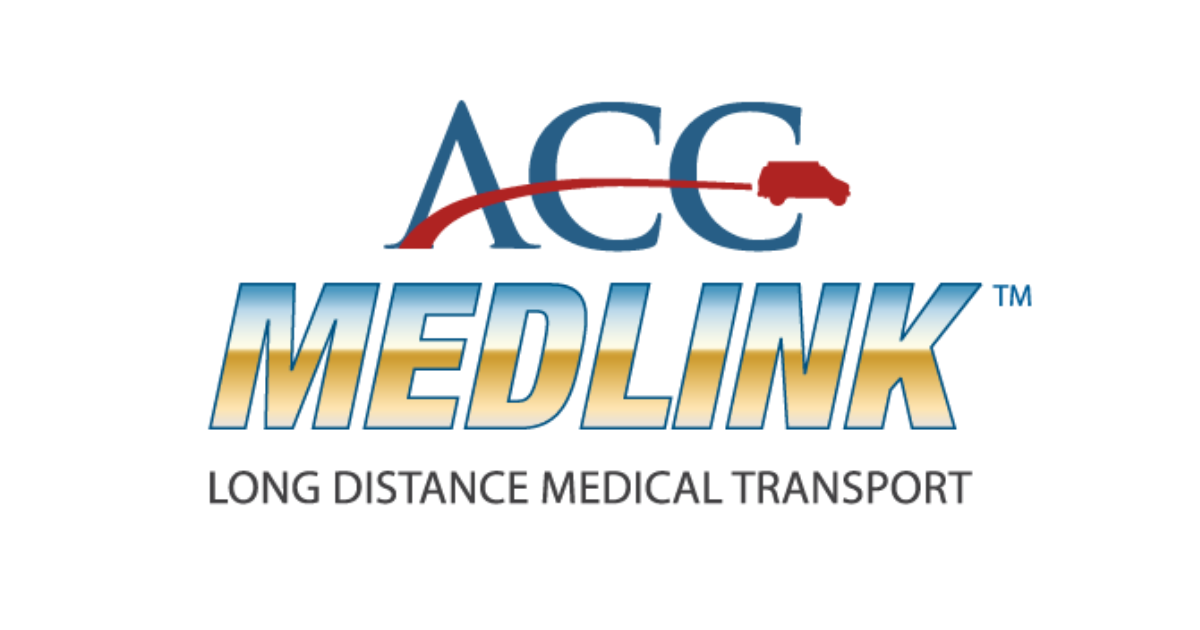Non-Emergency Ambulance Service
Let’s face it, for most people, a long-distance road trip is very exhausting. It’s even more tiresome when the purpose of the trip is a medical appointment, and this is usually a stressful time for families when having to move a relative. However, with almost 3 million people missing their appointments yearly, one can easily justify why thousands of people rely on non emergency medical transportation. It is the optimal choice for taking your loved one to a doctor’s appointment or hospital visit. The industry for non emergency medical transportation is still fledgling. This causes a high relevance for ambulance services, which are the most commonly used transportation for healthcare systems.
For healthcare systems with a diverse patient population, non-medical ambulance services can’t be downplayed. Large healthcare systems often have a network of general hospitals to which patients can be moved for a better level of treatment which doesn’t compromise patient care. With this objective in mind, the most efficient way of accomplishing it would be through ambulances. At first thought, ambulances are often associated with 911 calls and emergency scenes to control a given emergency. Their primary objective is to transport and stabilize patients on their way to an emergency department for proper provisional care. A closer look would prove that ambulance services have grown significantly in the medical service field. Not only the transportation, but also treatment during the transport.
Over time, ambulances have evolved from just taking a patient to and from the hospital. In a modern healthcare setting, ambulances would also be engaged to transport patients for other reasons. This has become more popular due to hospitals with specializations that only cater to certain types of patients. A classic example is surgical hospitals, where only scheduled surgical procedures are performed. In this case, non-medical ambulance services are used to transport patients from more traditional general care hospitals to the specialty hospital where these procedures are carried out. This is probably the most common use of an ambulance service.
Over the years, ambulances have evolved to provide specialty care solutions. Some ambulances cater mainly to critical care patients who irrespective of being handled by a paramedic, would require a nurse. There are also ambulance services that are primarily designed to cater to and transport pre-term babies. Moving away from just responding to emergencies, ambulance services now incorporate a team of caregivers which often include nurses, paramedics, and EMTs. This change attempts to provide a continuum of care to patients and ensure their safety throughout the transport.
Incorporating ambulance crews in the transportation of patients to and from healthcare facilities, patients can benefit from a much stronger healthcare system. It’s safe to say that with non medical ambulance services, modern healthcare has given us incredible access to treatment on the go. Non emergency medical services give these patients the provisional treatment they need which will prevent a lot of stress they may have had dealing with home or facility transports in the past.
